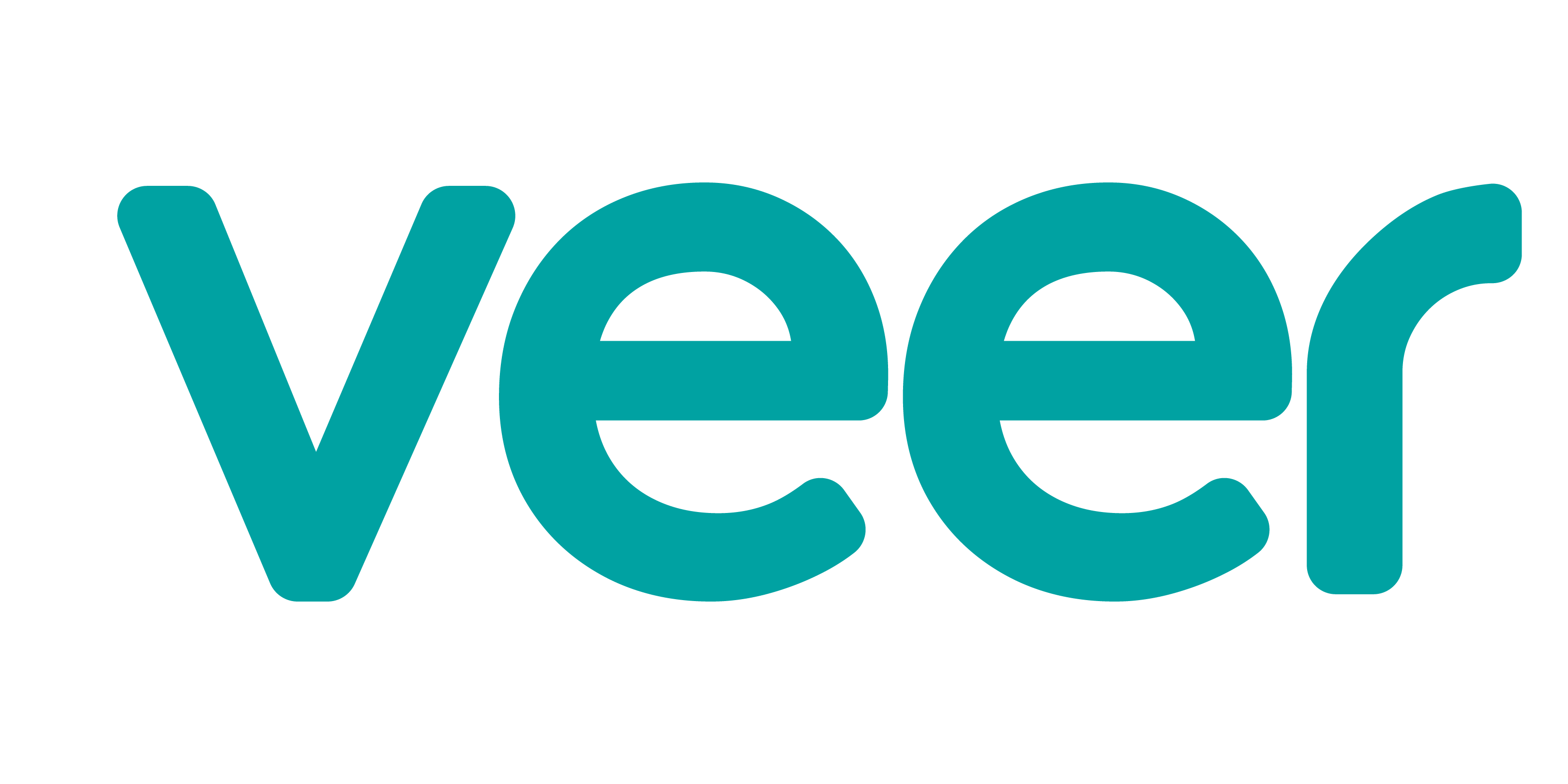There is no denying the major role played by social media in today’s world. One could even go as far as saying we are, for today at least, at the mercy of these colored platforms, which control how we interact with others, how we see the world, and even how we make our purchasing decisions. Today, brands use social media influencers to “influence” purchasing decisions of consumers, thus transforming not only the marketing domain, but also the e-commerce domain itself. Naturally, any movement has a tendency to balance itself with time, so the influencers trend gave rise to the Deinfluencers trend.
Social media influencers marketing (see how you can monitor social media influencers marketing here) presents promising opportunities for both influencers and brands. Brands can now leverage this new wave of “celebrities” to reach untapped markets and promote their products, ultimately driving up sales. Similarly, influencers can cash in by endorsing specific brands and products.
Here’s how it goes: brands reach out to influencers and strike deals with them to talk about a particular product, but here’s the catch: some influencers don’t care about the interests of their audience in the slightest. All they think of is cashing a lump sum of money at the expense of exploiting their audience’s trust, and the products might not be of good quality, or worse, an outright scam.
We all can agree that this approach is fundamentally flawed. Customers, out of loyalty, place their trust in these influencers, only to discover themselves falling prey to inferior products and watching their money go down the drain. Now, here’s the interesting thing, Deinfluencers are actively trying to expose some of these brands that offer subpar products to protect their audiences from wasting their money on something that has no value.
The phenomenon of Deinfluencers originated on TikTok, and naturally, affected brands and influencers were not having it whatsoever. The common thread between the two groups -influencers and Deinfluencers- is their millions of loyal followers worldwide, which grants them significant power. And as the name suggests, Deinfluencers work to counter any harm caused by famous influencers endorsing worthless products.
Talking about interesting findings, a 2022 report by InCharge Debt Solutions found that over a third of people habitually overspend out of FOMO when they see their peers on social media. Another study concluded that more than 75% of brands heavily rely on influencers to promote their products. Additionally, 54% of consumers make purchasing decisions immediately after seeing a product on Instagram. Furthermore, a Twitter poll emphasized that social media is the primary source of early buyers for new products.
These statistics shed light on the increasing risk of consumers falling prey to scams or purchasing poor-quality items. In today’s economy, people are more conscious of their spending habits and try to stretch every dime, making them incredibly disappointed when they overpay for a product or service that fails to meet their expectations.
These factors have paved the way for the #dupe trend, introducing the masses to affordable products that are just as good as their expensive counterparts seen on social media. This explains the rapid booming of fast fashion and brands like Shein, Fashion Nova, and Zara. Although the debate on fast fashion is still controversial, it allows customers to enjoy elegant products without breaking the bank.
The ugly truth
However, there’s an ugly truth underlying this new movement. While it benefits customers in making informed decisions. But guess who is not pleased with this change? Brands who are bleeding money left and right, and what is their solution? Paying off influencers to hide any negative narratives that might tarnish their image. Unfortunately, some Deinfluencers may be tempted to prioritize quick profits over the interest of their audience.
This is an important topic, and the takeaway here is that power does not lie solely with influencers or brands. The consumer will always have the upper hand and the ultimate power, that’s why it is important to choose wisely the brands and influencers you decide to support, keeping in mind that not every “influencer” may genuinely have your best interests in mind.
By: Mahmoud Youssef, Senior Copywriter, HOC, HOC Creative




